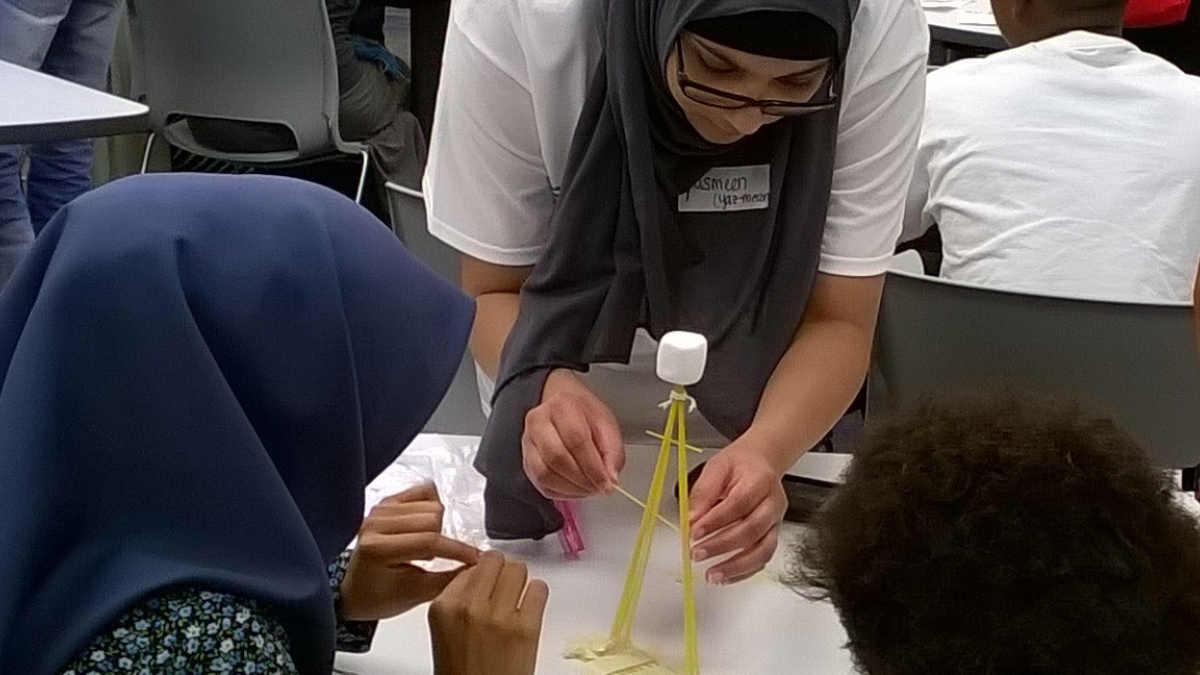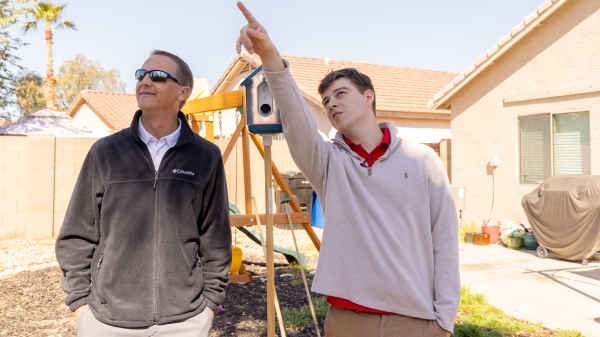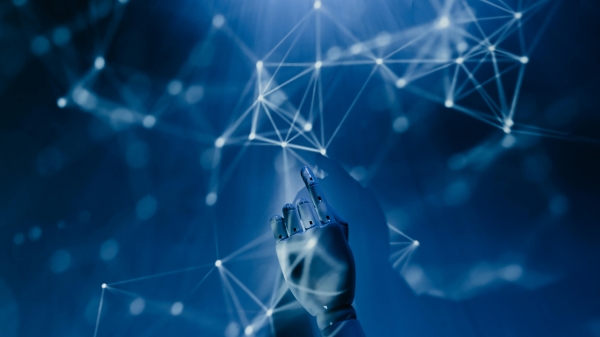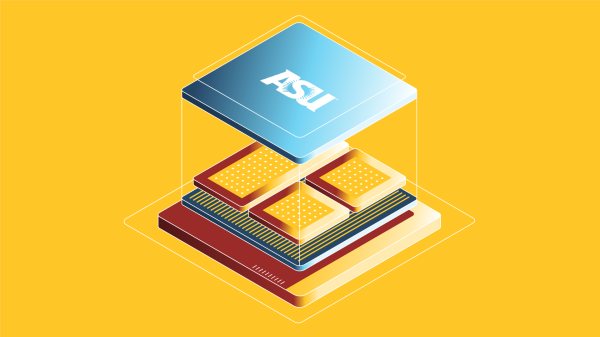Children offered a refuge for learning with ASU

Yasmeen Hussain, a graduate student in ASU’s College of Public Service and Community Solutions and member of the student organization New American Youth Initiative worked with refugee children from Sudan, Democratic Republic of Congo, Ethiopia, Myanmar (Burma), Mexico, Latin America and Somalia, as part of World Refugee Day. The event was hosted by the American Red Cross Greater Phoenix Chapter with support from the Arizona Science Education Collaborative at ASU.
A record high of 65.3 million people were asylum seekers, internally displaced people or refugees in 2015, according to a recent report by the U.N. Refugee Agency (UNHCR).
Children in particular bear an additional burden along with the loss of their homeland, family and community: the interruption of their education and lack of a safe space and mentors to encourage their passion to learn and study.
With 5 to 6 percent of all refugees arriving in the U.S. beginning their new lives in Arizona, the American Red Cross Greater Phoenix Chapter annually sponsors World Refugee Day to bring attention to and address challenges for local refugees. This year, chapter leaders turned to student organizations at ASU to provide mentoring and hands-on STEM (science, technology, engineering and math) activities for these children.
“We strive to celebrate the United Nations holiday of World Refugee Day in a way that brings the local refugee community together to highlight the diverse contributions they offer our city,” said Danielle Rudolph, a regional international services specialist with the chapter. “We chose education as the focus because we feel it’s important the refugee children know that they have the same opportunities with their education as anyone else.”
More than 70 refugee children of high school age or younger attended.
Coordinating with the Red Cross were Binaben Vanmali and Eugene Judson, faculty members with ASU’s Arizona Science Education Collaboration (ASEC). The duo brought together faculty, undergraduate and graduate students from ASU’s Mars Education program, the New American Youth Initiative (NAYI), Ira A. Fulton Engineering student outreach programs and Science is Fun!, administered by the Leroy Eyring Center for Solid State Science.
“With each refugee community comes unique cultural challenges that affect integration into school. Refugee children drop out of school at a rate three times that of white and twice that of Latino students,” said Judson, who is also an associate professor of science education in the Mary Lou Fulton Teachers College. “To truly develop an inclusive STEM talent pool that embraces diversity, refugees must be included.”
One activity guided attendees through the geography and topography of Mars, led by Sheri Klug Boonstra, an associate research professor and director of the MARS K-12 Education Program in ASU’s School of Earth and Space Exploration.
“The challenge was to help find a landing site on Mars,” noted Vanmali, who is a professor in School of Life Sciences, as well as the director of ASEC. “While the activity was meant to help attendees understand how scientists and engineers think and use their analytical skills, the kids and volunteers alike were riveted!”
ASU students and faculty also taught the basics of planning and design, as well as providing hands-on activities to boost understanding about energy transfer and color perception.
Yasmeen Hussain, Savanna Melius and Victoria Gomez, students in ASU’s College of Public Service and Community Solutions and members of the student organization New American Youth Initiative (NAYI), worked with young people from Sudan, Democratic Republic of Congo, Ethiopia, Myanmar (Burma), Mexico, Latin America and Somalia.
“We wanted to be a part of this event to show our support for World Refugee Day and refugees everywhere,” said Hussain. “We especially wanted to support the refugee youth we volunteer with through NAYI at the Somali Center in Phoenix.”
“I took away even more than I expected,” said Hussain. “I learned that education is a precious opportunity that most people, like myself, take for granted. The refugee students truly value the importance of education. They have wonderful aspirations, and I admire how very driven they are to ensure that success will be a part of their futures.”
More Science and technology

AI-equipped feeders allow ASU Online students to study bird behavior remotely
ASU Online students are participating in a research opportunity that's for the birds — literally. Online Bird Buddies is a…

National Humanities Center renews partnership with Lincoln Center for responsible AI research
The National Humanities Center has announced that Arizona State University's Lincoln Center for Applied Ethics is one of four…

Advanced packaging the next big thing in semiconductors — and no, we're not talking about boxes
Microchips are hot. The tiny bits of silicon are integral to 21st-century life because they power the smartphones we rely on,…